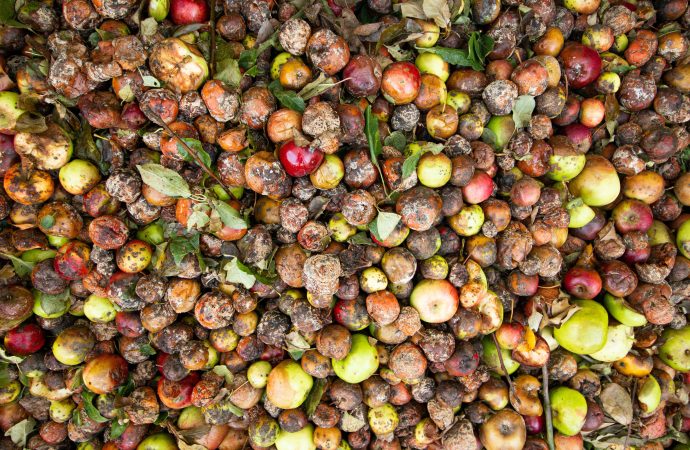Introduction: Food waste is a pressing global issue that has far-reaching implications for the environment, economy, and society. According to the Food and Agriculture Organization, approximately one-third of all food produced for human consumption is wasted each year. To address this critical problem, there is a growing emphasis on the power of prevention in stopping
Introduction:
Food waste is a pressing global issue that has far-reaching implications for the environment, economy, and society. According to the Food and Agriculture Organization, approximately one-third of all food produced for human consumption is wasted each year. To address this critical problem, there is a growing emphasis on the power of prevention in stopping food waste at its source. In this article, we delve into the strategies and initiatives focused on prevention that can make a significant impact in reducing food waste.
- Consumer Education and Awareness:
One of the primary ways to prevent food waste is through consumer education and awareness. By educating individuals on the importance of reducing food waste, the proper storage and handling of food, and the interpretation of expiration dates, consumers can make more informed choices and minimize waste. Awareness campaigns, cooking classes, and online resources can empower consumers to adopt practices that prioritize preventing waste.
- Meal Planning and Portion Control:
Meal planning is an effective tool for preventing food waste. By planning meals in advance, consumers can create shopping lists based on their needs, reducing the likelihood of buying excess food that may go to waste. Portion control is also crucial, as it helps individuals serve and consume the appropriate amounts, minimizing leftovers that often end up in the trash.
- Improved Storage and Preservation:
Proper storage and preservation techniques can significantly extend the shelf life of food, reducing waste. From using airtight containers to storing perishables at the correct temperature, small changes in storage habits can make a big difference. Additionally, techniques such as freezing, canning, and pickling can help preserve excess produce and extend its usability.
- Smart Food Purchasing:
Smart food purchasing involves making mindful choices at the grocery store. This includes buying only what is needed, considering the shelf life of perishable items, and opting for imperfect produce that may otherwise be discarded. It also involves supporting retailers that have policies in place to reduce food waste, such as discounted “ugly” produce or selling items nearing their expiration date at reduced prices.
- Collaboration along the Supply Chain:
Preventing food waste requires collaboration across the entire supply chain. Farmers, food producers, distributors, and retailers must work together to improve inventory management, enhance communication, and implement efficient logistics. Establishing partnerships and sharing data can help identify inefficiencies and develop innovative solutions to prevent waste.
- Policy Support and Incentives:
Government policies and incentives can play a significant role in preventing food waste. Some countries have implemented regulations that prohibit the disposal of edible food by retailers or encourage food donation through tax incentives. By creating a supportive policy environment, governments can encourage businesses and consumers to prioritize waste prevention and create a culture of sustainability.
- Innovation and Technology:
Innovation and technology offer promising solutions in the fight against food waste. From apps that connect consumers with discounted surplus food to smart packaging that extends shelf life, technology can revolutionize the way we prevent waste. Start-ups and entrepreneurs are developing innovative solutions, such as food waste trackers and composting systems, to empower individuals and businesses to take proactive steps in waste prevention.
Conclusion:
The power of prevention in stopping food waste cannot be underestimated. By focusing on consumer education, meal planning, improved storage, smart purchasing, collaboration along the supply chain, policy support, and innovation, we can make significant strides in reducing food waste. It requires a collective effort from individuals, businesses, and policymakers to change behaviors, implement best practices, and embrace innovative solutions.

















Leave a Comment
Your email address will not be published. Required fields are marked with *